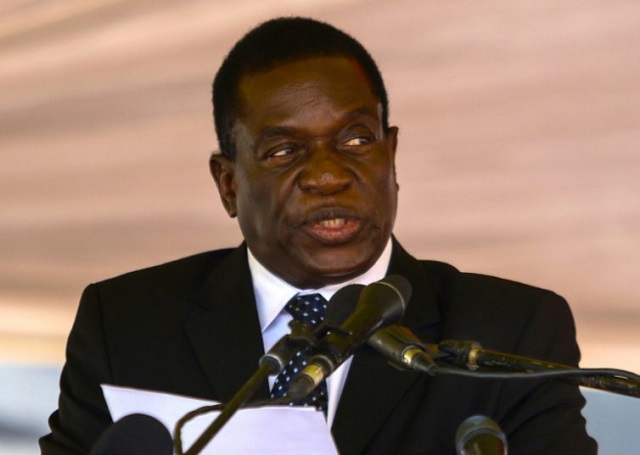
The Sunday News

Sunday Mail Reporter
GOVERNMENT will continue to subsidise farmers to ensure both national food security and sufficient feedstocks for local industries, which get 60 percent of their raw materials from the sector, President Emmerson Mnangagwa has said.
Subsidies, he added, were not peculiar to Zimbabwe, as they are used around the world to guarantee a decent standard of living for farmers and provide a stable and safe food supply at affordable prices.
Government has been supporting farmers through Command Agriculture, a specialised import substitution programme that initially covered maize but has since been expanded to other sub-sectors.
In his weekly column in The Sunday Mail and Sunday News, President Mnangagwa said arguments to cut back on agricultural funding were unconvincing.
“I am alive to arguments for curtailing Government support to farmers, which are often made on the grounds of reducing public debt. Both our national food security requirements and agro-led industrial strategy make these arguments less persuasive,” said President Mnangagwa.
“Well-developed economies in European Union countries, whose agriculture is highly mechanised, still subsidise agriculture. This year alone, the European Union, through its Common Agricultural Policy (Cap), is projected to support European farmers and European rural development programmes to the tune of €58,8 billion.”
Command Agriculture, he said, was Zimbabwe’s “modest equivalent of the Cap”. CAP has been in use for more than 56 years, and ensures European farmers meet the needs of 500 million Europeans.
Despite these massive subsidies to the sector, agriculture and the agri-foods industry — which is heavily dependent on the agricultural sector for its supplies — account for six percent of the EU’s GDP.
This year, the EU Commission — the EU’s highest-decision making body — proposed a multiannual financial framework from 2021 to 2027 which includes €365 billion for Cap.
Out of this amount, €265,2 billion is for direct payments, €20 billion for market support measures, and €78,8 billion for rural development.
€10 billion will be channelled through the EU’s Horizon Europe programme to support research and innovation in food, agriculture, rural development and the bio-economy.
Similarly, the US, the world’s biggest economy, will pay out more than $12 billion in subsidies to farmers this year.
Conversely, Zimbabwe’s agriculture sector supports 70 percent of the population and provides 60 percent of the manufacturing sector’s raw materials, making a big case for supporting farmers.
President Mnangagwa said subsidies had to be efficient and impactful.
“The issue then is not to stop subsidising agriculture. Rather, the issue is to do so efficiently, and in order to ensure higher productivity in that critical sector. Both would then guarantee a stable supply of affordable food to the consumer,” he said.
“On their part, farmers must develop the discipline to work the land optimally, and to honour financial obligations arising from funding arrangements availed to them. Accessing inputs for the season must be conditional upon demonstrable commitment to service previous loans. That way, we guard against bloating the public debt while ensuring that critical transition of turning farming into business.”



